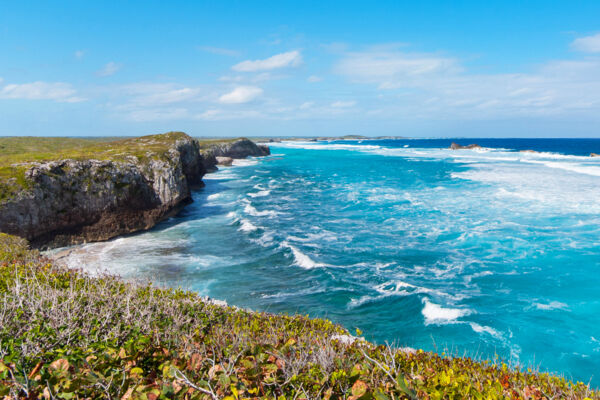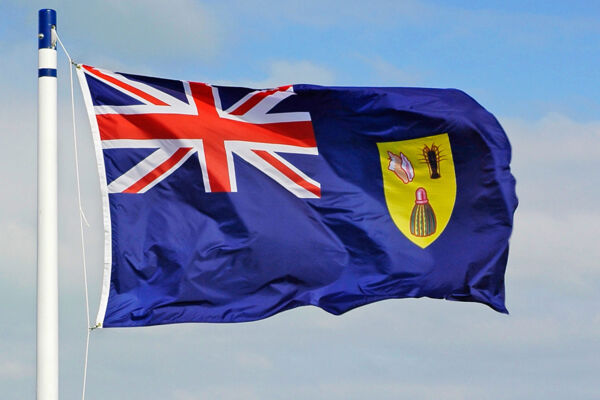Turks and Caicos Citizenship & Residency

In the Turks and Caicos , there are essentially six categories of legal residency status. Only people with Turks and Caicos Islander status (previously titled Belongership) can vote, and they account for approximately 42.5% (2012 Census) of the population.
Types of Status
- Resident Foreigners with Annual Resident Permit and Work Permits: This represents the majority of foreign workers in the country, who are restricted to their category of work and employer.
- Resident Foreigners with Permanent Residence Status (PRC), with or without the right to work: Most retirees or people who have invested in the country are granted PRC status, usually without the right to work
- Citizens (holders of British Overseas Territories Citizenship by virtue of a connection with the Turks and Caicos Islands): This entitles you to a passport (which says Turks and Caicos Islands on the cover) and gives you residence and work rights. This passport, without having the separate Turks and Caicos Islander Status, does not give the holder voting rights or the right to open restricted business categories.
- Turks and Caicos Islander Status (previously titled ‘Belongership’): This status is needed to vote, hold government office, or own a reserved business category. It does not entitle you to a passport, but gives you all other rights normally associated with citizenship. It is possible to hold Islander Status, but not have citizenship (a local passport), as these two statuses have historically been independently granted.
- Joint Citizens and Turks and Caicos Islanders: This represents the majority of the 42.5% (2012 Census) voting population in the country. They hold the British-granted Overseas Territories Citizenship, which gives them a passport, and the locally granted Turks and Caicos Islander status, which gives them voting rights in the country.
For information on moving to the Turks and Caicos and purchasing real estate, see Living and Working in the Turks and Caicos, Real Estate, and Building a Home.
Getting Residency and Citizenship

There are three main pathways to permanent residency: investing a sufficient amount to obtain a Permanent Residence Certificate (PRC), getting annual residence permits, or getting annual work permits.
Generally, after 10 years of residency, it’s possible to apply for a PRC. However, it’s important to note that there is no right to renewal with a work permit. Every year, the role must be re-advertised in local newspapers in order to renew a work permit. Work permits are intended to be granted only if a person with Turks and Caicos Islander Status cannot be found for the job. You may be living and working here for 9 years, and in your 10th (and ‘final' year), the Government may decide not to renew your permit.
Local Lawyers


